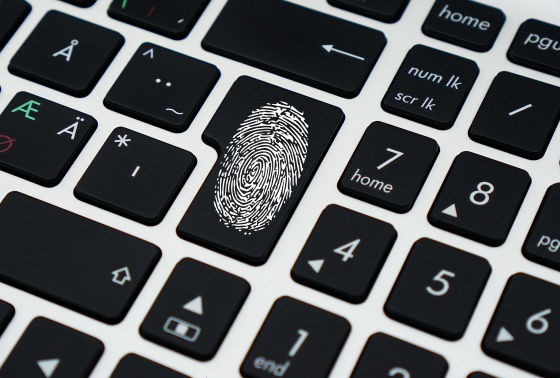New law enacted at airport asking for submission of passwords along with smartphones and PC

by JanBaby
When customs officials request passwords for smartphones and notebook PCs, travelers are required to submit passwords as stipulated by New Zealand's new law "The Customs and Excise Act 2018" effective from October 1, 2018 It is. People who violate this law will be fined up to 5000 New Zealand dollars (about 374,000 yen).
Travellers refusing digital search now face $ 5000 Customs fine | RNZ News
https://www.radionz.co.nz/news/national/367642/travellers-refusing-digital-search-now-face-5000-customs-fine
New 'digital strip search' law for travelers' electronic devices has potential for abuse, law expert warns | 1 NEWS NOW | TVNZ
https://www.tvnz.co.nz/one-news/new-zealand/new-digital-strip-search-law-travellers-electronic-devices-has-potential-abuse-expert-warns
Even in New Zealand's law, when customs officials requested the electronic equipment to be submitted at the border of the airport and other borders, it was obliged for travelers to submit them. However, there was no law that obliges to submit the password. Under the new law, it is obliged to provide travelers with access methods such as passwords, PIN codes, and fingerprint authentication. However, it is only in the case of "there is a suspicion of a reasonable crime" to ask for submission.

by TheDigitalWay
Terry Brown, customs spokesperson, says that this law is based on a delicate balance between "the right of individual privacy" and "responsibility of law enforcement at customs." In addition, "I personally have electronic equipment, which includes all of my data including bank data, I understand its importance and significance."
Meanwhile, Thomas Beagle, a public relations speech of the National Civil Liberties Council, insists that the law unduly violates privacy. "Today, we record all of our lives on the phone, literally everything, including medical records and e-mails, customs can get it and hold it." " There is no need to tell the traveler what kind of doubt it is, the traveler can not demand explanation, "says Beagle.

by JESHOOTScom
Kris Faafoi of the Customs Department says that the right to investigate the electronic equipment is necessary although the opposing opinion is also great. "Many criminal groups are getting beyond borders in a complex way - if they are in business, information from smartphones and computers will be useful for prosecution," Faafoi said.
However, Mr. Beagle argues that "The criminals of felony charges are preserving online ones that are likely to be guilty" on the above contents. The new law makes it possible to investigate the information in the terminal, and does not extend the scope of investigation to on-line such as the cloud.
John Edwards of the privacy committee commented on the new law that "it is maintaining a good balance between guaranteeing the protection of the border and being unable to examine the device irrationally by travelers." Edwards seems to think that travelers can ask airport officials to open suitcases and show inside, but it is similar.
Related Posts:
in Note, Posted by darkhorse_log







